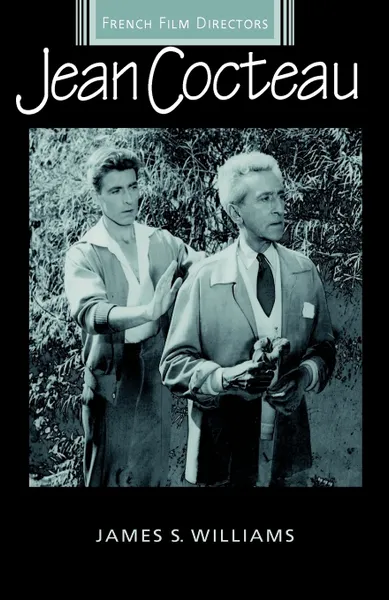Jean Cocteau
📘 This is a comprehensive, original and accessible account of all aspects of Jean Cocteau's work in the cinema. It is the first major study in English to appear for over forty years and casts new light on Cocteau's most celebrated films as well as those often neglected or little known.
Jean Cocteau is not only one of French cinema's greatest and most influential auteurs whose work covered all the major genres but also an experimenter, collaborator, theorist and all-round ambassador of film. The often applied label of 'literary filmmaker' is insufficient to describe Cocteau, who operates on so many different levels and is interested in the fundamentals of time, space, motion, speed and sound. This lucid account provides a complete introduction to Cocteau's cinematic project in the context of his entire oeuvre, detailed analysis of individual films like 'Le Sang d'un poète' and 'Orphée', and a thematic engagement with all his cinema from a range of interdisciplinary approaches, including film history, war and politics, authorship, collaboration (in particular with Jean Marais), the body in performance, and gender and sexuality. The Cocteau that emerges is at once a materialist filmmaker and visionary who is committed to realism in all its guises and reveals the wonder and mystery of what he called 'the cinematograph'.
This clear and challenging new study will appeal to first-year students, film-lovers and specialists alike. It will also be of interest to those working in gay studies, cultural studies, star studies and performance studies.
Jean Cocteau is not only one of French cinema's greatest and most influential auteurs whose work covered all the major genres but also an experimenter, collaborator, theorist and all-round ambassador of film. The often applied label of 'literary filmmaker' is insufficient to describe Cocteau, who operates on so many different levels and is interested in the fundamentals of time, space, motion, speed and sound. This lucid account provides a complete introduction to Cocteau's cinematic project in the context of his entire oeuvre, detailed analysis of individual films like 'Le Sang d'un poète' and 'Orphée', and a thematic engagement with all his cinema from a range of interdisciplinary approaches, including film history, war and politics, authorship, collaboration (in particular with Jean Marais), the body in performance, and gender and sexuality. The Cocteau that emerges is at once a materialist filmmaker and visionary who is committed to realism in all its guises and reveals the wonder and mystery of what he called 'the cinematograph'.
This clear and challenging new study will appeal to first-year students, film-lovers and specialists alike. It will also be of interest to those working in gay studies, cultural studies, star studies and performance studies.
Мнения
